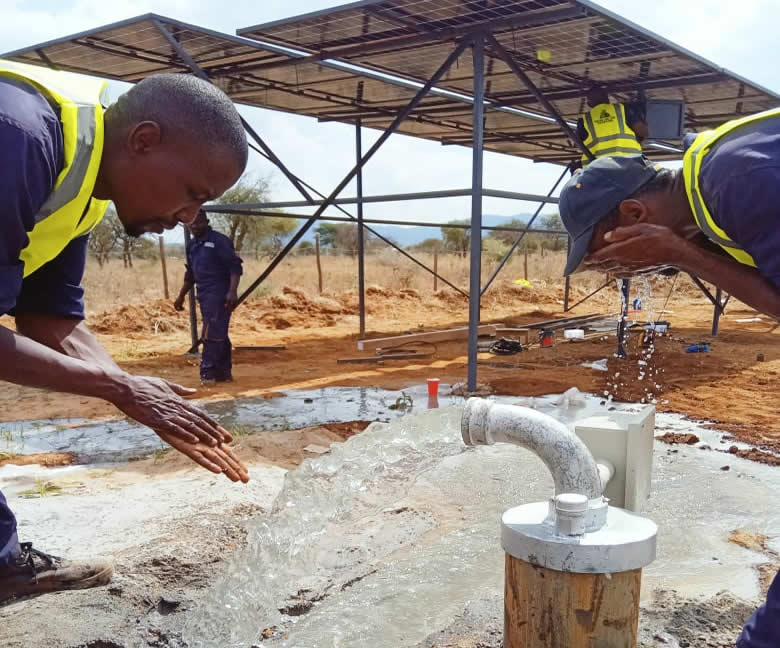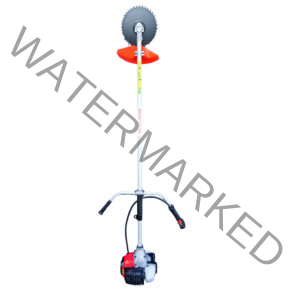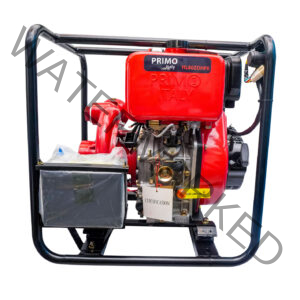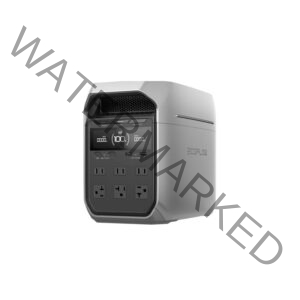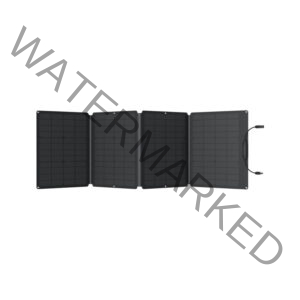Unlocking the Benefits of Boreholes: A Sustainable Water Solution
In regions facing water scarcity, boreholes have become an essential solution for accessing clean, reliable water. This article explores the advantages of boreholes, their applications, and why they are a smart investment for households, businesses, and agricultural operations.
What is a Borehole?
A borehole is a deep, narrow hole drilled into the ground to access groundwater. Boreholes tap into aquifers, natural underground reservoirs that can provide a consistent supply of water. These systems are especially beneficial in areas where surface water sources are scarce or contaminated.
Advantages of Boreholes
- Reliable Water Supply: Boreholes offer a dependable source of water, reducing dependence on municipal supplies. This is especially crucial in drought-prone regions or during dry seasons.
- Cost-Effective: While the initial investment for drilling and installation can be significant, boreholes often lead to long-term savings. By accessing groundwater directly, households and businesses can reduce or eliminate water bills, leading to substantial cost savings over time.
- Increased Property Value: Properties with a borehole can command higher market prices due to the added value of reliable water access. This particularly appeals to agricultural land, where irrigation is essential for crop production.
- Sustainability: Boreholes promote sustainable water use by tapping into renewable groundwater resources. When managed properly, aquifers can replenish themselves, making boreholes an eco-friendly option for water supply.
- Versatility: Boreholes can be used for various applications, including domestic water supply, agricultural irrigation, and industrial processes. Their adaptability makes them suitable for a wide range of needs.
Key Considerations When Installing a Borehole
Before drilling a borehole, it’s essential to consider several factors to ensure successful installation and operation:
- Site Assessment: Conduct a thorough site assessment to determine the best location for drilling. Factors such as soil type, proximity to existing structures, and water table depth are crucial for successful borehole installation.
- Water Quality Testing: It’s important to test the groundwater for contaminants to ensure safe drinking water. Professional borehole services, provide comprehensive water quality testing as part of the installation process.
- Regulatory Compliance: Ensure compliance with local regulations regarding borehole drilling and water extraction. This may include obtaining necessary permits and adhering to environmental guidelines.
- Maintenance: Regular maintenance is vital to ensure the longevity and efficiency of your borehole. This includes periodic inspections, pump servicing, and water quality testing.
Clykay’s Borehole Services
At Clykay, we offer a complete range of borehole services tailored to meet the specific needs of our clients.
- Our services include: Borehole Pump Installation: We supply Borehole Pumps and also provide expert installation of high-quality pumps to deliver efficient water supply from your borehole.
- Maintenance and Repair: Our team offers ongoing maintenance and repair services to keep your borehole system running smoothly.
- Water Quality Testing: We conduct thorough water quality testing to ensure your groundwater is safe for consumption and use.
Conclusion Boreholes present a sustainable and cost-effective solution for accessing clean water. With their numerous advantages, including reliability, versatility, and long-term savings, investing in a borehole is a smart choice for households, businesses, and agricultural operations alike.

